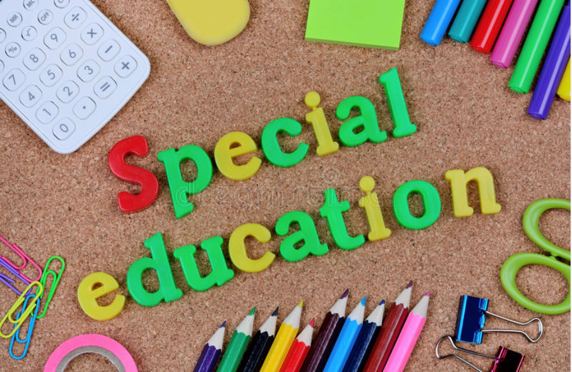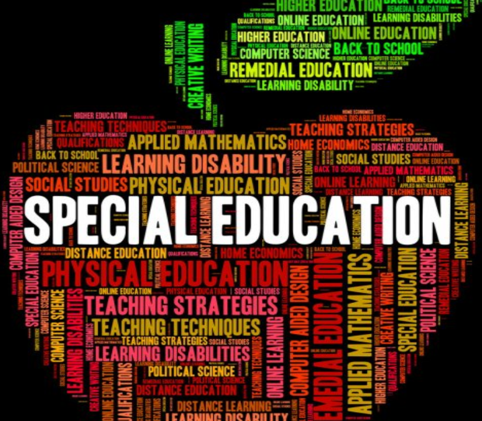The Student Referral Process
-
Identifying Students with Disabilities (Child Find)
 Halifax County Schools’ classroom teachers and support staff are required to monitor students’ academic and social-emotional progress to ensure each student’s appropriate incremental growth towards achieving college & career and social-emotional readiness. Likewise, parents, guardians, and caretakers are encouraged to observe their child’s growth and learning progressions for areas of concern that might negatively impact their maturation.
Halifax County Schools’ classroom teachers and support staff are required to monitor students’ academic and social-emotional progress to ensure each student’s appropriate incremental growth towards achieving college & career and social-emotional readiness. Likewise, parents, guardians, and caretakers are encouraged to observe their child’s growth and learning progressions for areas of concern that might negatively impact their maturation. - If at any time, parents, guardians, and caregivers infer that their young child (through high school or maximum age 22) may have a disability, a timely request for a “referral” to special education services should take place at the school level.
- The school’s Student Assistant Team will assist with the facilitation of the request for special services process.
- An Individualized Education Plan (IEP) Team, which also includes the parent or guardian, will meet to determine if a formal student evaluation will be conducted. This process is generally referred to as “Child Find”.
The Special Education Meeting Process:
The Halifax County Schools District provides special education and
 related services according to the federal mandates of the Individual with Disabilities Act and the regulations of the North Carolina Public School Law, Article 9. The request for special education services includes the following meeting:
related services according to the federal mandates of the Individual with Disabilities Act and the regulations of the North Carolina Public School Law, Article 9. The request for special education services includes the following meeting: (Click on the links to learn more about the meetings.)
Step #1: Referral Meeting
Step #2: Eligibility Meeting
Step #3: Individualized Education Plan (IEP) Meeting
Step #4: Reevaluation Determination Meeting
Eligibility for Special Services:
 The Public Schools of North Carolina, Exceptional Children Division provides local educational agencies with detailed procedures for the delivery of special education services. These rules and regulations are detailed in Policies Governing Services For Children With Disabilities. Services are provided under the following areas of eligibility:
The Public Schools of North Carolina, Exceptional Children Division provides local educational agencies with detailed procedures for the delivery of special education services. These rules and regulations are detailed in Policies Governing Services For Children With Disabilities. Services are provided under the following areas of eligibility:(Click on the link to learn more about the areas.)
- Autism Spectrum Disorder
- Deaf/Blindness
- Deaf
- Developmental Delay
- Serious Emotional Disability
- Hearing Impairment
- Intellectual Disability
- Multiple Disabilities
- Orthopedic Impairment
- Other Health Impairment
- Specific Learning Disability
- Speech/Language Impairment
- Traumatic Brain Injury
- Visual Impairment
Note: Parents with additional questions about the “Child Find Process” in private and home schools should contact the HCS Office of Whole Child/Exceptional Children.


